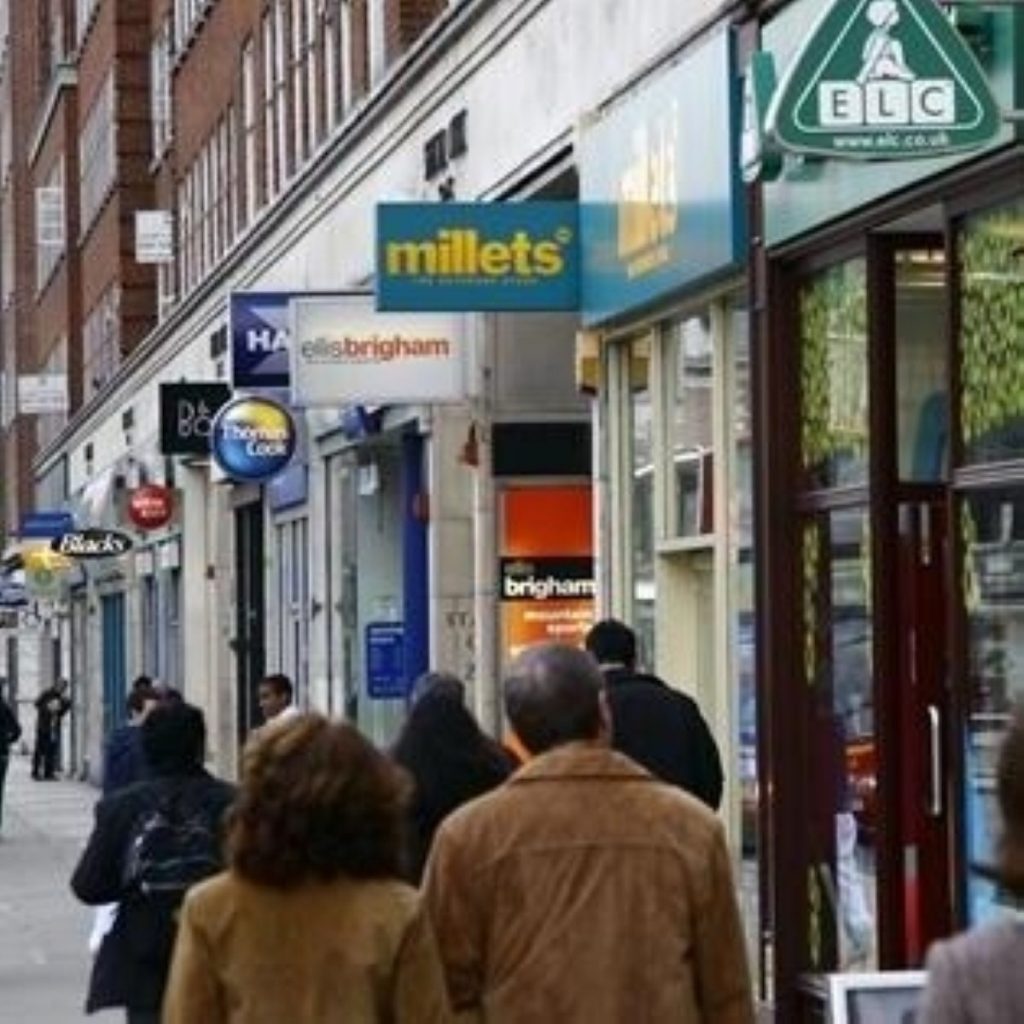MPs debate sustainable communities plans
MPs are today debating Conservative proposals to give councils far more power over how their local communities are run.
The sustainable communities bill would allow local authorities to demand details of how Whitehall funds are spent in their area and, if necessary, demand this be changed to better reflect the neighbourhood’s needs.
It would also give councils a new duty to promote sustainable communities, through providing affordable homes and shops, sourcing local food and goods, tackling local employment problems and social exclusion, and promoting civic engagement.
The proposals, which are being put to the House of Commons as a private members’ bill today, are intended to halt the decline of communities into “ghost towns”, signalled by the loss of post offices, public transport links and services such as local shops.


However, the government opposes the legislation, arguing it has already put forward measures to promote sustainable communities. Without its support, the bill will only make it past today’s second reading with the backing of 100 MPs.
Tory MP Nick Hurd, who is sponsoring the legislation, said: “This bill would enable a genuine bottom-up response to what’s going wrong in our communities.
“The measures proposed would significantly alter the balance of power in favour of local councils and local communities, reducing the reach of Whitehall and its unelected quangos.”
The bill has some cross-party support – for example, Liberal Democrat MP Stephen Williams is one of those who have stayed in parliament today to back the measure.
“People often ask why their local councillors don’t do more to preserve the character of our neighbourhoods, but the sad truth is that in many cases, government refuses to give them the power to make the difference,” he said.
The Department for Communities and Local Government (DCLG) published a white paper in October setting out its plans to devolve power to local councils and communities and stop ring-fencing so much of the central government grant.
Local government minister Phil Woolas said last night: “This government not only supports sustainable communities but is in fact the original author of the concept of sustainable communities.”
Ministers had made clear the planning system must protect high street shops, he said, and highlighted how the local government bill would ensure people have a far greater say in the decisions that affect their communities.
Councils would have new duties to consult the public, and “huge amounts of additional funding” would be devolved and the targets on how they are spent would be cut.
“Indeed, our main concern with the proposals in the sustainable communities bill is that its measures would be overly bureaucratic, complex and less devolutionary than our own measures,” he said.

